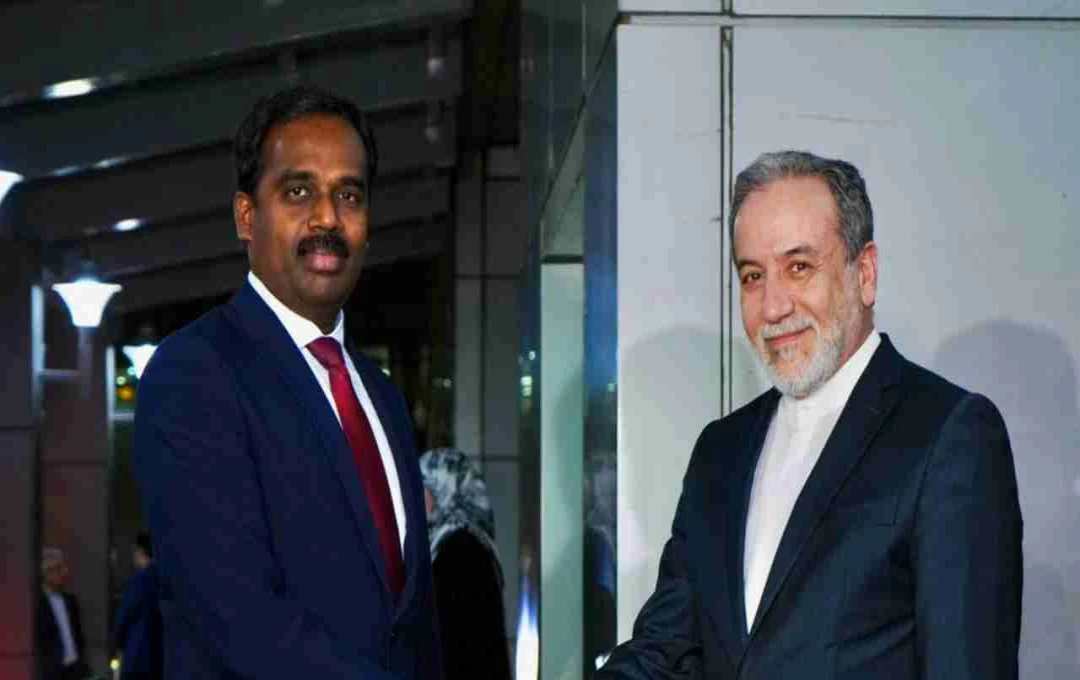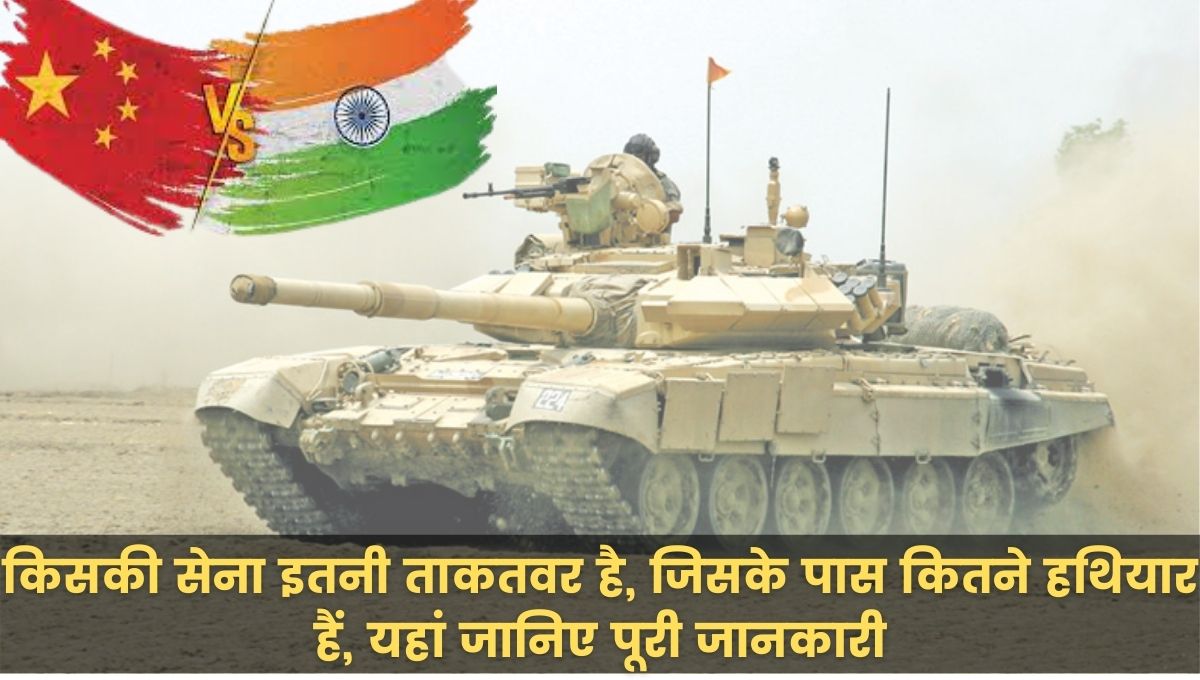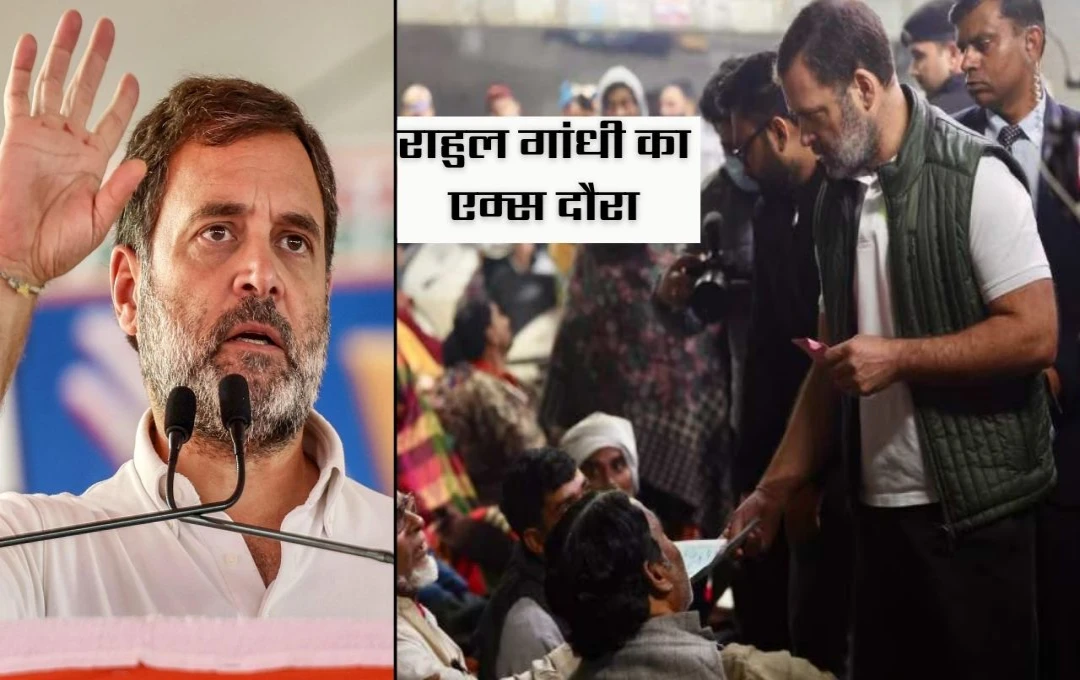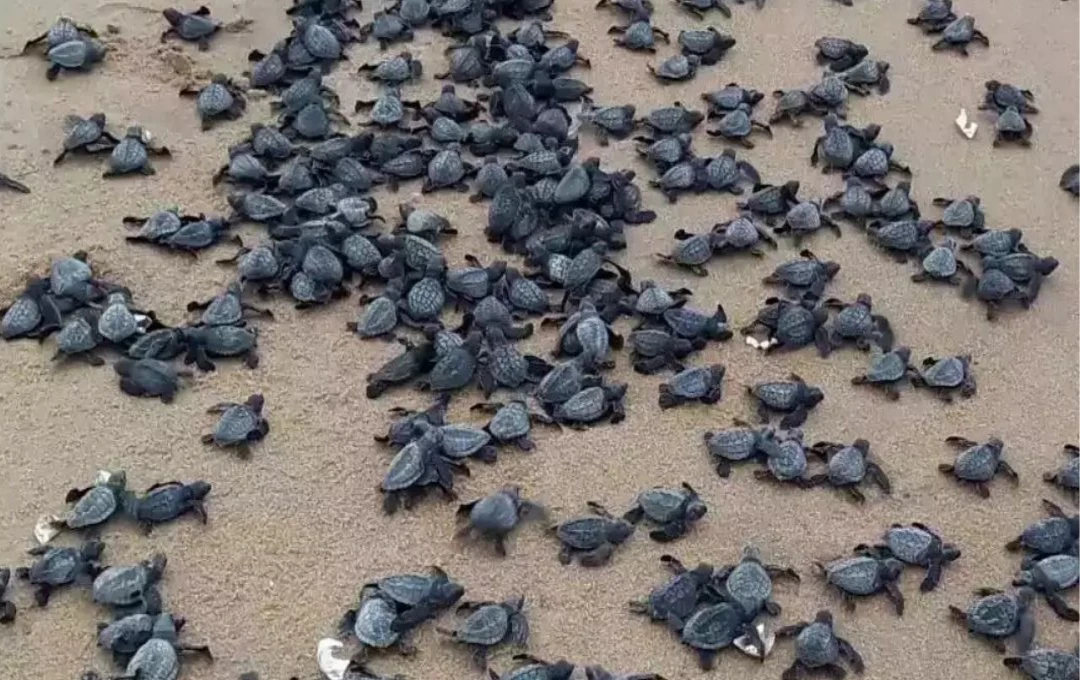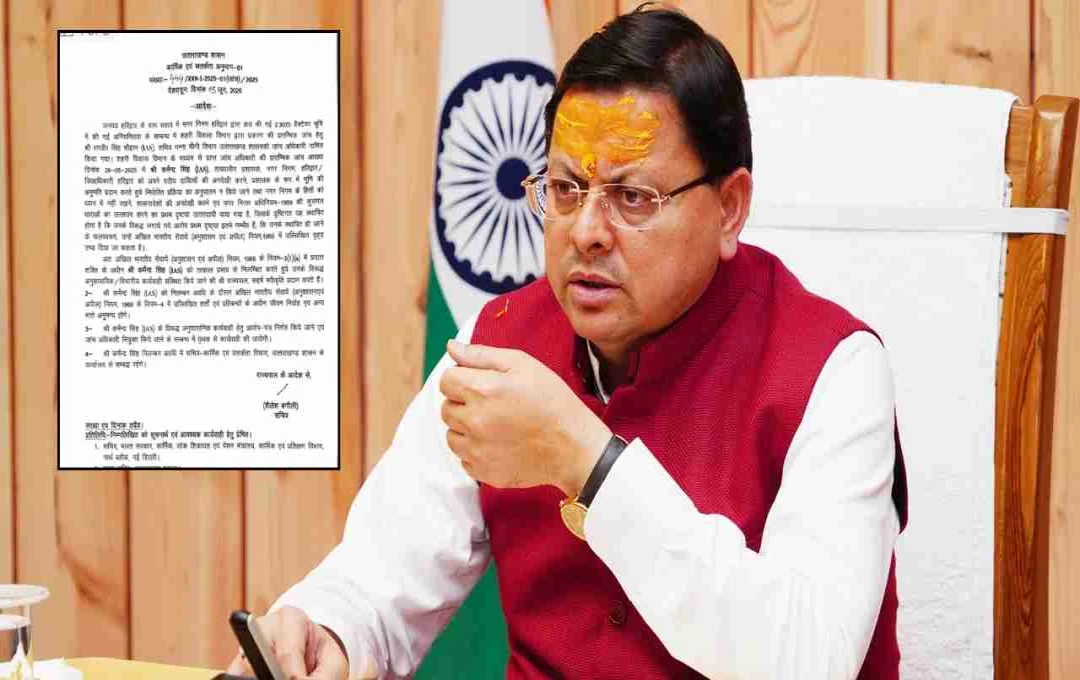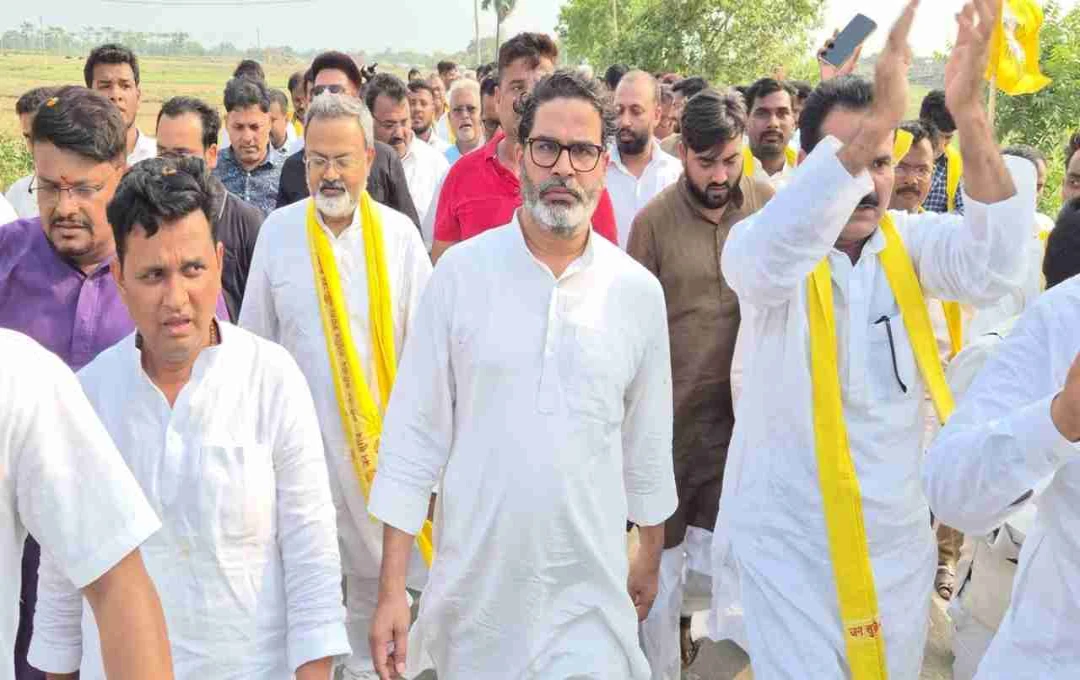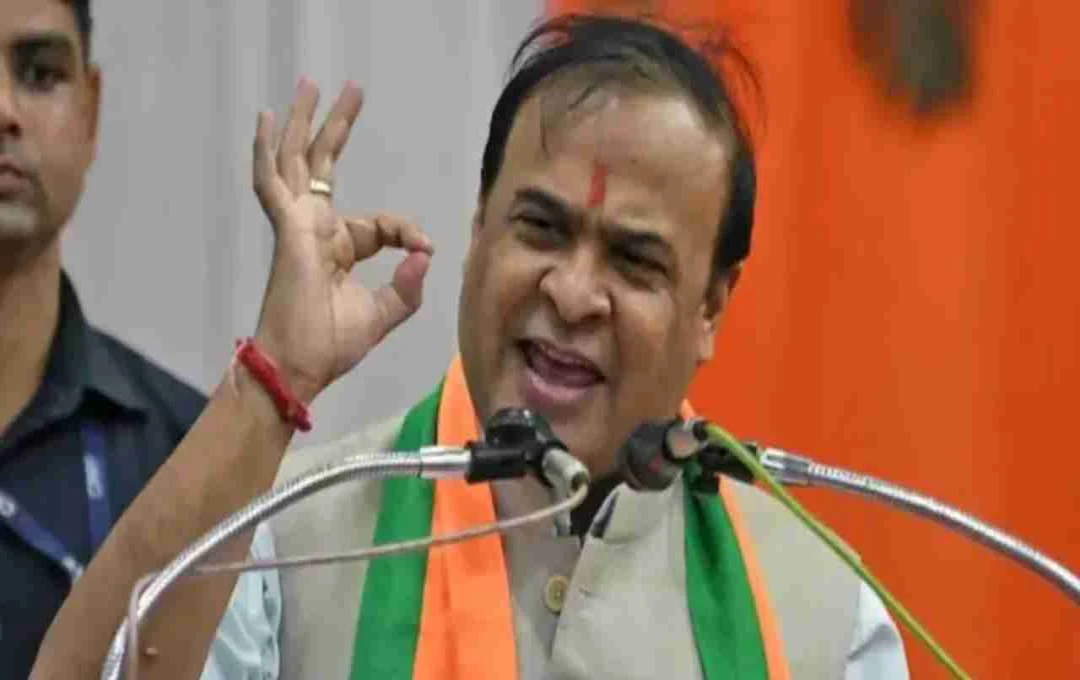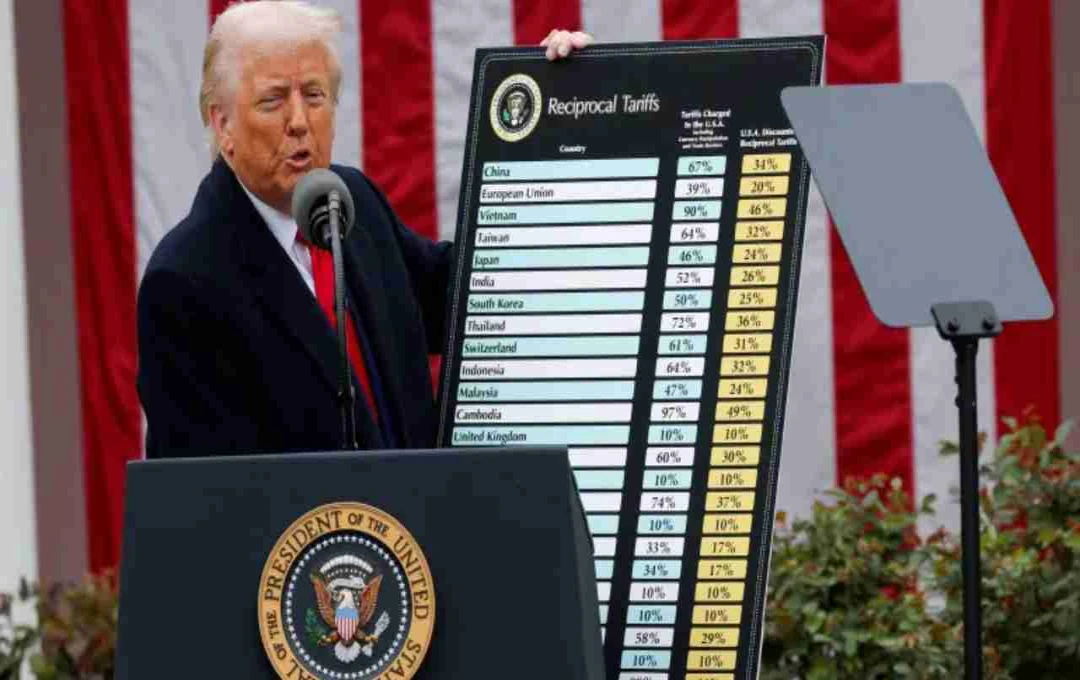Iranian Foreign Minister Abbas Araghchi arrives in New Delhi for bilateral talks with External Affairs Minister Jaishankar and a meeting with President Droupadi Murmu; discussions on India-Pakistan tensions are likely.
New Delhi: Amidst rising tensions between India and Pakistan, the visit of Iranian Foreign Minister Saeed Abbas Araghchi to India has assumed significant importance. Araghchi arrived in New Delhi on May 8, 2025, where he received a warm welcome. This visit is a crucial step towards strengthening the strategic relationship between India and Iran. Notably, this is Araghchi's first visit to India since assuming the post of Foreign Minister in August 2024.
Significant Opportunity for Bilateral Talks
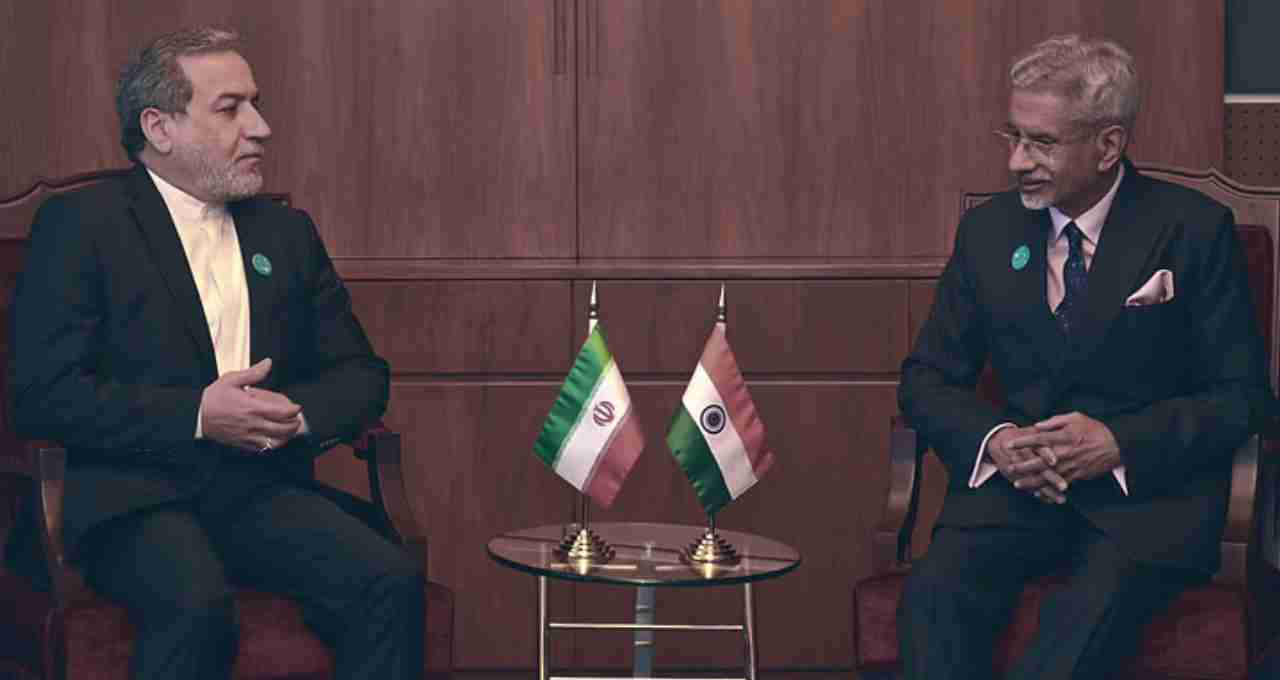
During his visit, Araghchi will first meet with India's External Affairs Minister S. Jaishankar at Hyderabad House. Discussions are expected to cover the escalating tensions between India and Pakistan. Furthermore, talks will focus on strengthening bilateral ties.
Another significant aspect of Araghchi's visit is his co-chairmanship of the 20th meeting of the India-Iran Joint Commission. This meeting is being held to commemorate the 75th anniversary of the Treaty of Friendship between India and Iran. The meeting will address mutual interests and explore ways to enhance future bilateral cooperation.
Meeting with the President and Bilateral Cooperation
Following his engagements, Araghchi will also meet with President Droupadi Murmu. This meeting will provide another opportunity to bolster the ongoing bilateral relationship between India and Iran.
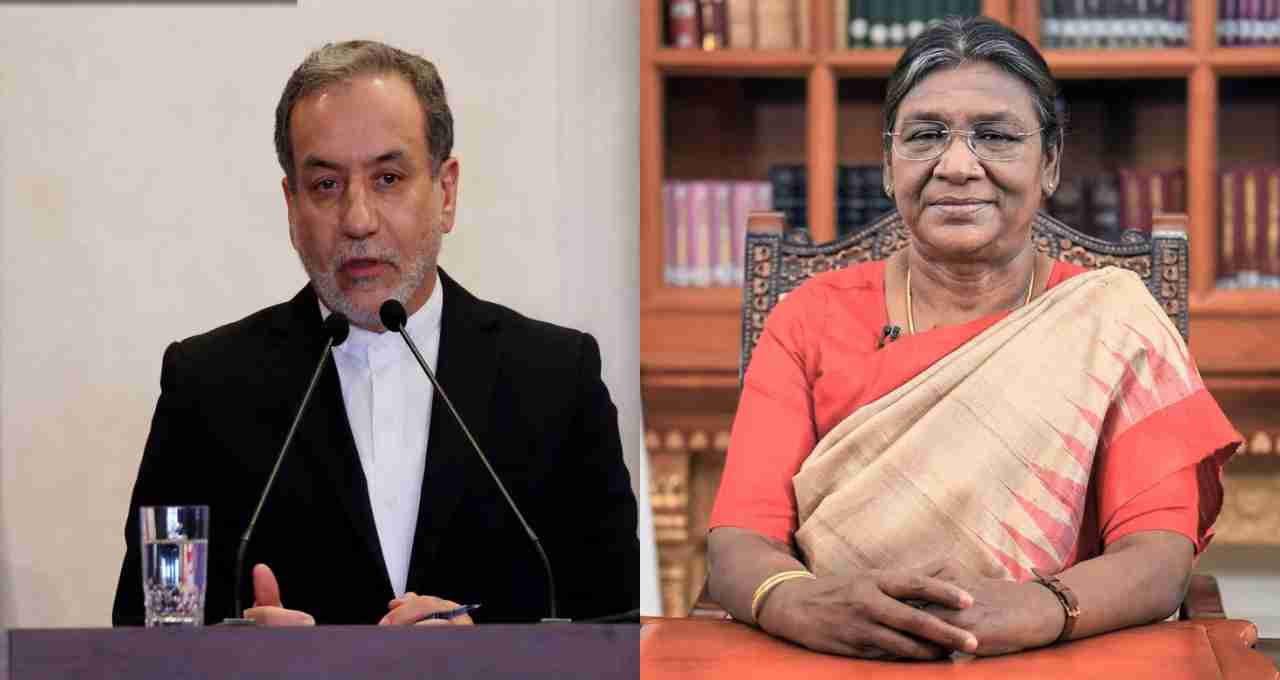
Welcoming Araghchi, Ministry of External Affairs spokesperson Randeep Jaiswal stated, "A warm welcome to Saeed Abbas Araghchi for the India-Iran Joint Commission meeting. This is an opportunity to enhance bilateral cooperation and further strengthen it in the future."
India-Pakistan Relations
Araghchi's visit is significant considering the ongoing tensions between India and Pakistan. Diplomatic efforts are underway, with the hope that dialogue and communication will pave the way to de-escalate tensions. This could contribute to maintaining regional security and stability for both nations.
